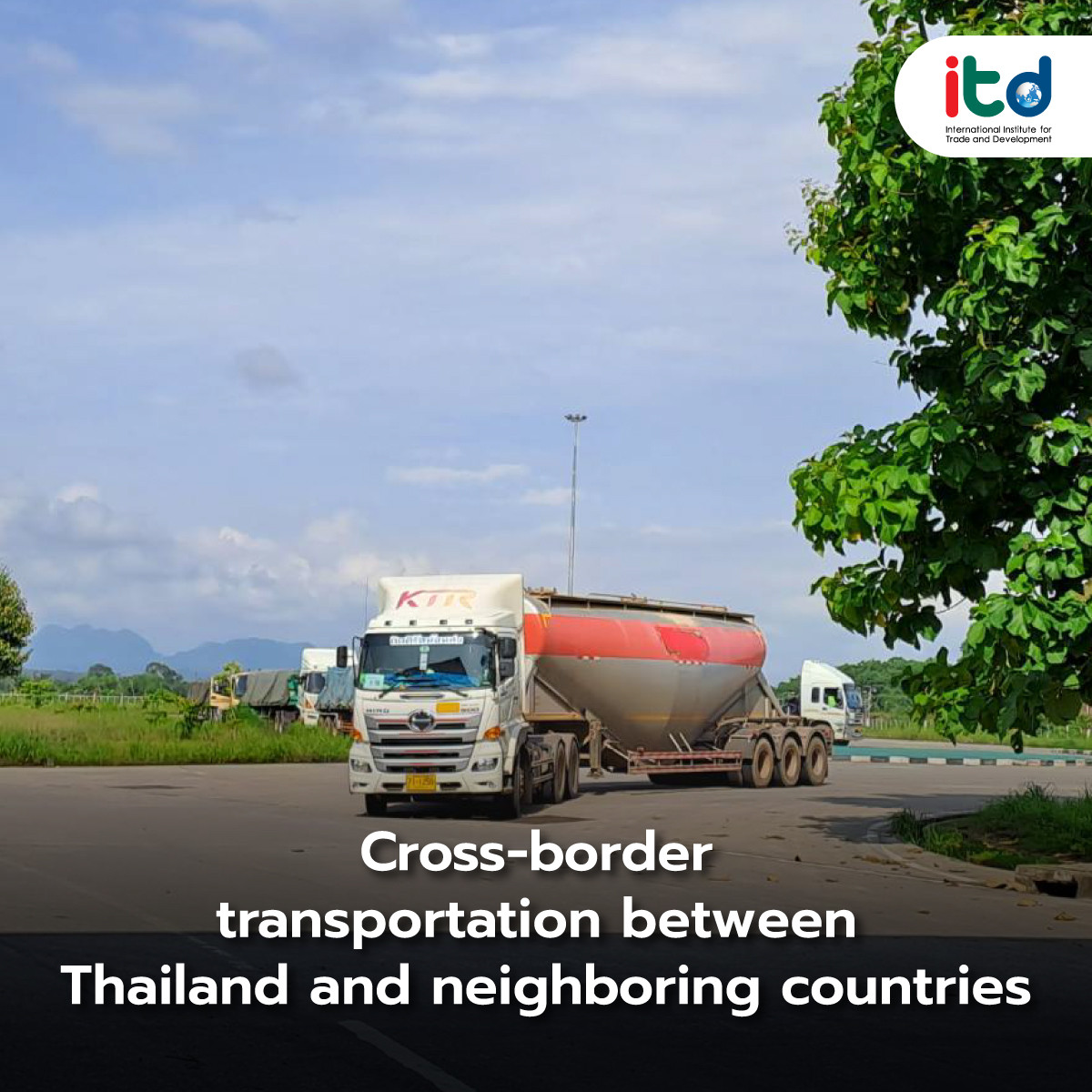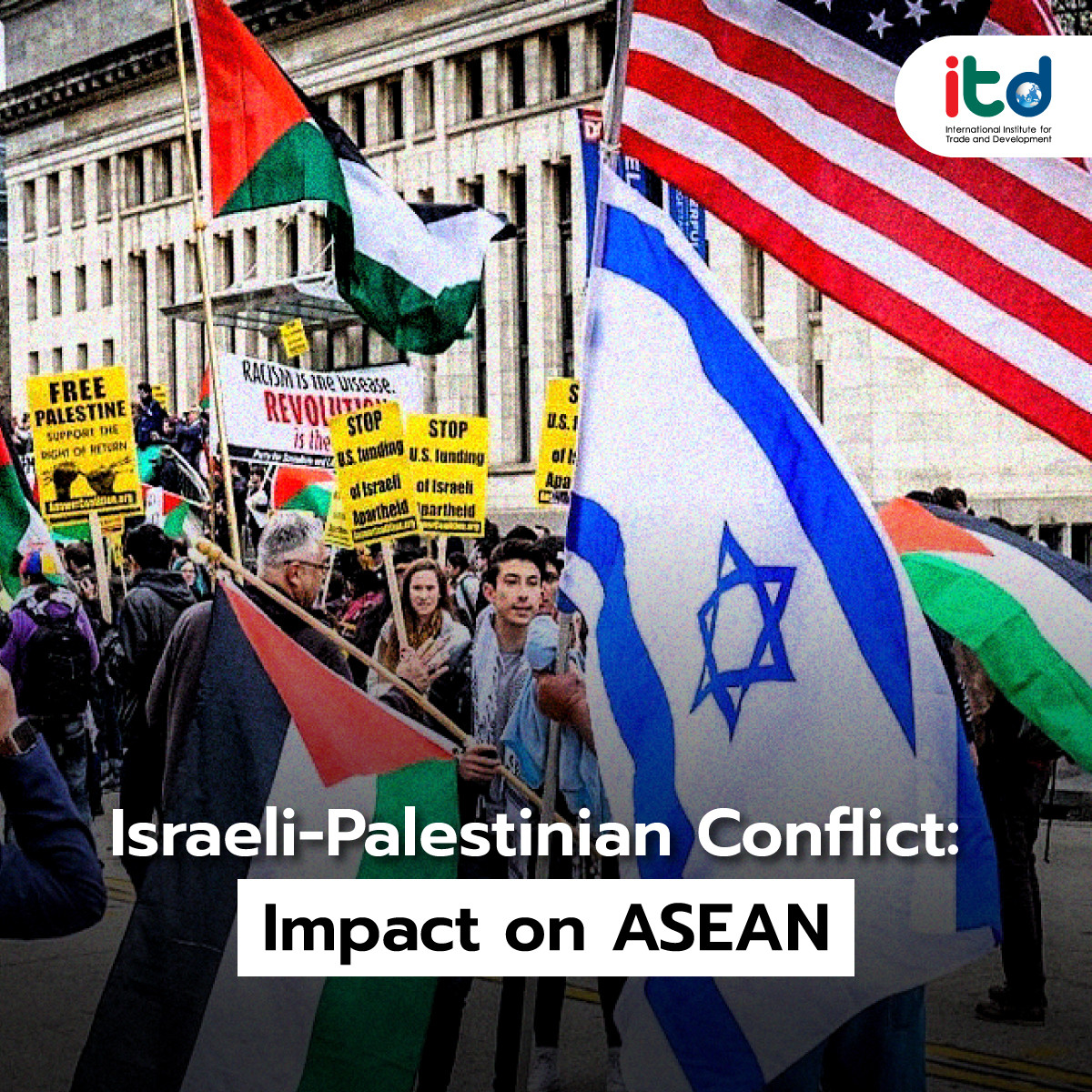About Documents
The Asian Development Bank, in collaboration with six countries including Thailand, Myanmar, Laos, Vietnam, Cambodia, and China (Yunnan and Guangxi provinces), established a cooperation group within the Greater Mekong Subregion (GMS) to develop trade, investment, transportation, and other cooperative efforts. This initiative leverages the interconnected routes known as the GMS Economic Corridors, comprising nine routes that significantly reduce cross-country transportation time, such as reducing the transportation time of goods from Bangkok to Yunnan by 30-60%.
However, the efficiency of transportation does not solely depend on the readiness of infrastructure, such as roads or bridges. It also relies on more convenient regulations for cross-border goods transportation to reduce redundancy and simplify existing procedures. Consequently, this has led to the establishment of the Cross-Border Transport Facilitation Agreement (CBTA) in the Greater Mekong Subregion, which includes 20 annexes and protocols.
The protocols under the GMS CBTA include: (1) facilitation of cross-border goods transportation, (2) Single Stop Inspection and complete goods examination, (3) integration of related systems of member countries like customs, immigration, and safety and standard inspections to reduce operational steps, (4) exchange of traffic rights allowing vehicles from member countries to transport goods, (5) facilitation of transit goods transportation, like Single Stop Inspection and tax exemption on transit goods, and (6) facilitation of cross-border movement of people.
Currently, China, Cambodia, Laos, and Vietnam have signed all 20 annexes and protocols of the GMS CBTA, while Thailand has signed 11, and Myanmar has committed to sign all 20 when the agreement becomes fully operational. This agreement will enhance the ease and speed of goods transportation and travel among member countries, increasing trade and investment opportunities, as well as boosting the logistics business.
Current utilization of the GMS CBTA is delayed due to internal legal hurdles and other limitations, such as Thailand’s prohibition of foreign customs officers operating at its borders, China’s restriction on foreign vehicles transporting within the country, Vietnam’s speed limits for vehicles, non-aligned customs operating hours among countries, local officials’ lack of understanding, non-standardized documentation, and differing vehicle routes in each country.
While full implementation of the agreement may take some time, businesses should not overlook the importance of the Cross-Border Transport Facilitation Agreement (CBTA) in the Greater Mekong Subregion, as it presents opportunities for market penetration and reducing transportation costs through significant changes.
Author:
Mr. Wimon Punkong
Deputy Executive Director (Academic)
International Institute for Trade and Development (Public Organization)
www.itd.or.th
Publication: Bangkok BIZ Newspaper
Section: First Section/World Beat
Volume: 37 Issue: 12561
Date: Wednesday, January 24, 2023
Page: 8 (bottom right)
Column: “Insight ASEAN”





